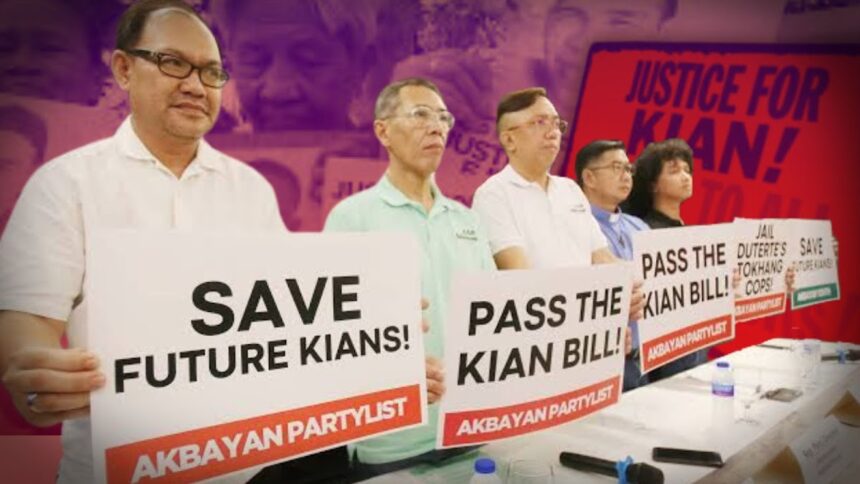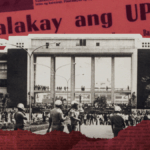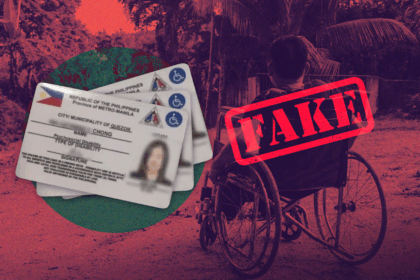The Philippines has long struggled with drug-related problems, frequently turning to severe sanctions that have resulted in human rights violations. The Kian Bill, on the other hand, marks a change toward a health-centered strategy. The measure, named after Kian delos Santos, an adolescent who had tragically died during a police anti-drug operation, seeks to prevent similar events by encouraging humane, rights-based, and health-focused solutions to drug dependency.
What is Kian Bill all about?
The Kian Bill, or House Bill 11004, signifies a significant policy shift past punitive action toward rehabilitation and treatment. The bill, proposed by Akbayan Party-list Rep. Percival Cendaña and Senator Risa Hontiveros, aims to protect the rights of individuals in drug-related situations. Instead of using tough law enforcement measures, it encourages community-based health care and social assistance to combat drug addiction.
The bill steps away from previous administrations’ contentious “tokhang” operations which resulted in thousands of fatalities and widespread allegations of human rights violations. The Kian Bill treats drug use as a public health issue rather than criminal conduct, ensuring that individuals receive medical and psychological treatment rather than face punitive penalties.
Bodies for a cost?
The previous administration’s drug campaign resulted in blurred lines between policing and human rights breaches. According to the Philippine Drug Enforcement Agency (PDEA), 6,252 drug suspects were killed and 345,216 people were apprehended in 239,218 operations.
Cendaña highlighted the importance of passing the measure to prevent “state-sanctioned violence.” “Imbes na dahas and bala, solusyon natin ang magbigay ng karampatang lunas at direktang lingap sa mga drug users,” he said.
The measure attempts to prevent abusive practices by stressing rehabilitation over punishment, resulting in proper health interventions for people in need, ultimately safeguarding lives and guaranteeing a more effective response to drug addiction.
Bullet Alternative
Rather than placing “killing orders” on drug suspects, the bill encourages persons involved in drug-related activities to seek assistance from rehabilitation clinics and support networks. This strategy offers counseling and rehabilitation in a non-coercive setting—considerably lowering the fear associated with getting help. Furthermore, having this new initiative prioritizes rehabilitation above punishment, ensuring that persons battling with substance abuse receive the necessary care rather than being exposed to violence.
Axing Violators?
According to Cendaña, the Comprehensive Dangerous Drugs Act of 2002 was primarily focused on criminal prosecution and facility-based rehabilitation which often led to violations of privacy, the right to health, and due process due to its coercive measures. In response, the Kian Bill explicitly prohibits several abusive practices to protect individuals seeking treatment.
These include mandatory drug testing, violations of privacy, unlawful interference, cruel punishment, corporal punishment, involuntary treatment and compulsory detention, as well as traumatic physical and psychological interventions. The bill also ensures that individuals are fully informed about the effects of treatment—preventing misinformation regarding drug policies, programs, and practices.
Additionally, the Kian Bill protects individuals from being denied health services based on their drug use status. This will ensure equal access to medical support. To uphold accountability, the bill enforces strict penalties for public officers and medical professionals who violate these provisions.
Those found guilty of committing such offenses may face severe consequences, including the revocation of their licenses and removal from service. By implementing these measures, the bill aims to reinforce a more humane and rights-based approach to addressing drug dependency in the country.








